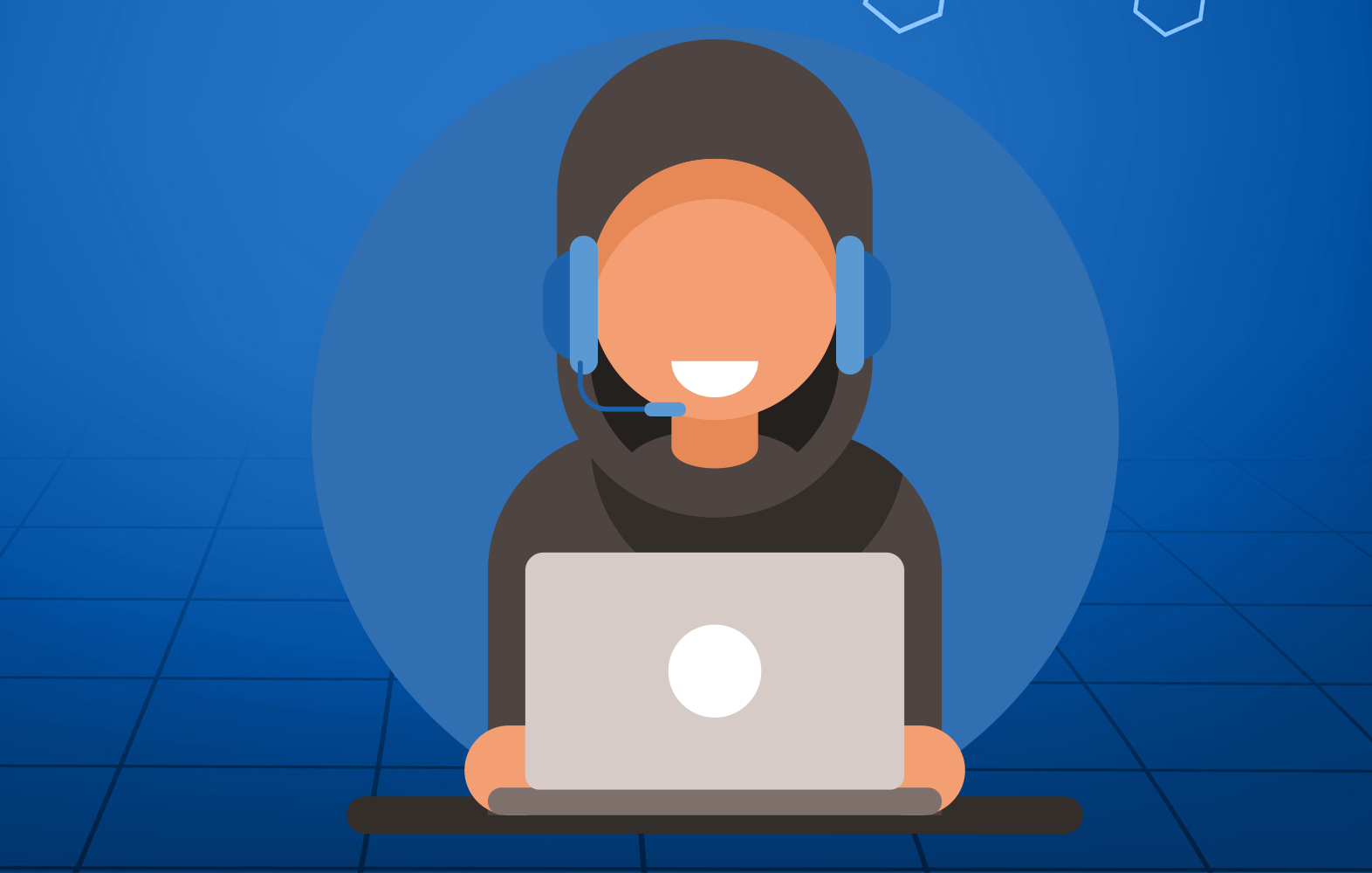If your computer had a virus, you’d want to know about it ASAP, right?
Before your important files become corrupted, you lose your photos and important info is essentially destroyed. Even thinking about can be terrifying.
Tech scammers know we’d be lost without our computers, and that we don’t always know what’s going on behind the screen - which is why they’ve been able to swindle millions from every day people across the world.

The scam goes like this:
You receive a random phone call from someone saying they’re from Microsoft, or an alarming pop-up suddenly appears on your screen, saying it looks like your system has been infected with a virus.
To fix the problem, they need to you to download some support software, which they’ll give you a special link for.
A technician then uses that software to gain access to your system and make it appear your system is riddled with viruses. Flashing screens, mysterious diagnostics whizzing by, fabricated errors, the works. They’ll do or say anything to make you panic. In some cases, they even go as far as claiming your system has been infected with illegal content and if not corrected, you’ll face criminal charges.
Demands for credit card information almost always follow. Once paid, they simply stop fiddling with your system to make it seem the problem is fixed. Sometimes it doesn't end there though. In some cases, the scammer will leave software giving them access your system to recreate the problem, they then call back this time offering a subscription for ongoing protection.
What To Do If You’re Targeted By A Tech Scam
If they call you on the phone, don’t taunt them. Just hang up. Right now you’re only a phone number in their system and if you don't bite and just hang up they’ll move onto the next number in their list. But if you give them cause to target you personally, you may find yourself in a dangerous situation.
Also, always remember: Microsoft will never randomly call people like this. Ever. It doesn't matter how many times they claim their the real deal, Microsoft does not, has not, and likely will never have people call you for any reason.
If, it's not a phone call but instead a pop-up which appears on your screen, don’t click the pop-up or call any numbers displayed. Instead, restart your PC and then run a scan with whatever anti-virus you have installed. Chances are the scan will come up clean, but it never hurts to make sure.
What To Do If You’ve Already Been Scammed
First, don't panic. The situation can be resolved and you can almost always come out of things with little harm done.
Second, call your bank/financial institution's fraud department and have the charges reversed and your card reissued. It's fairly simple process and they will often use the info you provide them to find and go after the scammers. Of course, you only need to do this if you provided the scammer with your credit card information, if you stopped short of that, you can skip this step.
Finally, it's important to ensure no residual software is left behind which would allow the scammer access to your PC. In some cases, this is as simple as running an anti-virus scan or looking at the list of installed software to find anything installed on the day they got into your PC and removing it. Other times however, some more thorough measures may be required.
Getting real, professional help
Normally, if you receive a suspicious phone call or see a pop-up on your screen and follow the steps above, you'll be able to go on with your day without an issue. However, if you have been tricked into giving control of your PC to someone you don't know, and would like a little assistance ensuring they don't still have access, help is just a phone call away.